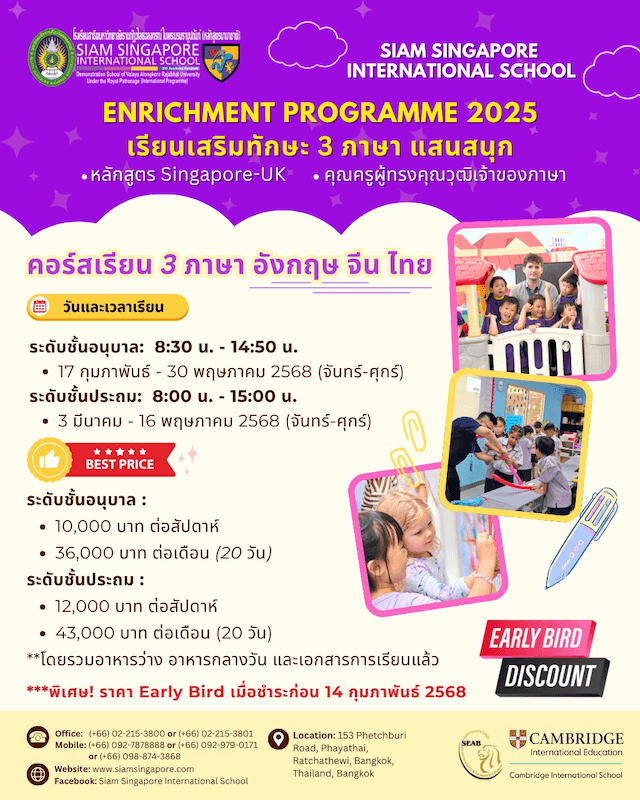Over years of research, scientists and educators have identified five critical factors for reading, including phonological awareness, phonics or word recognition, fluency, vocabulary and comprehension. Students must develop competency in all such areas, while teachers should emphasise them in instruction. Learn more about each factor below:
Phonological Awareness
Phonological and phonemic awareness refer to the ability to perceive, segment, blend, and otherwise manipulate sounds, particularly the sounds of language. Research has demonstrated that this competency is required for effective phonics instruction. If students have difficulty in perceiving and manipulating language sounds, they will be challenged when those language sounds become associated with written letters as in phonics.

Phonics or Word Recognition
Phonics or word recognition refers to the ability of readers to produce the oral representation of a written word using, primarily, the sound symbol representation of letters and letter combinations.
Fluency
Fluency is the ability to produce the oral representation of written words effortlessly so that readers can direct their attention to the meaning of the text. Fluency also includes the ability to read with appropriate expression that reflects and enhances the meaning of the written text.
Vocabulary
Like phonics, vocabulary refers to competency with words. However, vocabulary deals with the meaning of the oral and written words rather than the ability to “sound out” words. Clearly, comprehension is not possible if readers do not know the meaning of words, even if they can sound them out correctly.
Comprehension
Finally, comprehension refers to the ability of readers to gain meaning from a written text. Comprehension is the ultimate goal of reading and requires meaning-making effort and strategies on the part of the reader.
Reading & Brain Science

Through a series of studies conducted in the 1990s, neuroscientist Dr. Michael Merzenich and colleagues discovered that our brains had the ability to change in significant ways well beyond early childhood, when our brains seem to learn effortlessly. However, the stimuli (i.e. instruction) that lead to brain changes need to be intentional, intense, focused and repetitive. During this period, neuroscientists also identified specific locations of the brain that were associated with cognitive tasks and competencies. Brain locations and functions were identified for phonological or sound awareness, visual awareness and perception, fluency, vocabulary, and language comprehension.
Do these understandings offer some new approaches for conceptualizing, implementing, and monitoring reading instruction? One of the first approaches came in the areas of phonological awareness and auditory processing. Research indicated that many children with language and reading difficulties had difficulty processing the “fast parts” of speech – common combinations of consonants and vowels that are pronounced quickly (e.g., the plural suffix that distinguishes the word cat from cats). It was the ability of the brain to perceive rapid auditory input that lagged behind other aspects of language use. This resulted in difficulties in distinguishing differences in similar sounds as well as perceiving grammatical prefixes and suffixes in some contexts.
A program was developed that eventually evolved into Fast ForWord®, a program that trains students in sound perception by using technology to initially slow down or enhance the production of the “fast” sounds. Through frequent, repeated, focused and sustained practice with reinforcement, the sound production was gradually modified until it approximated normal speech speed in exercises that emphasized speech perception in words and oral language comprehension. Students in such an enhanced auditory processing program subsequently made greater progress in speech discrimination, language processing, and grammatical comprehension.
To learn more about the above study, please click here. Also, BrainFit Studio Bangkok offers the Fastforword program; for more information, please contact ffwbkk@gmail.com.














